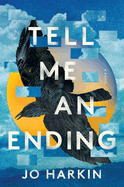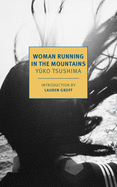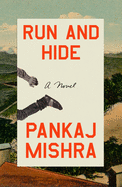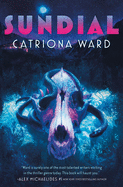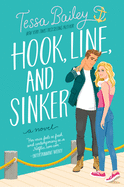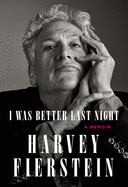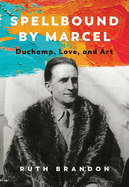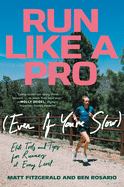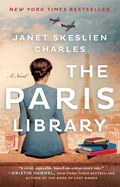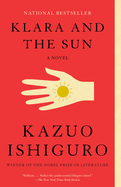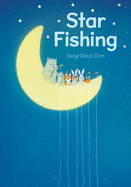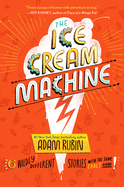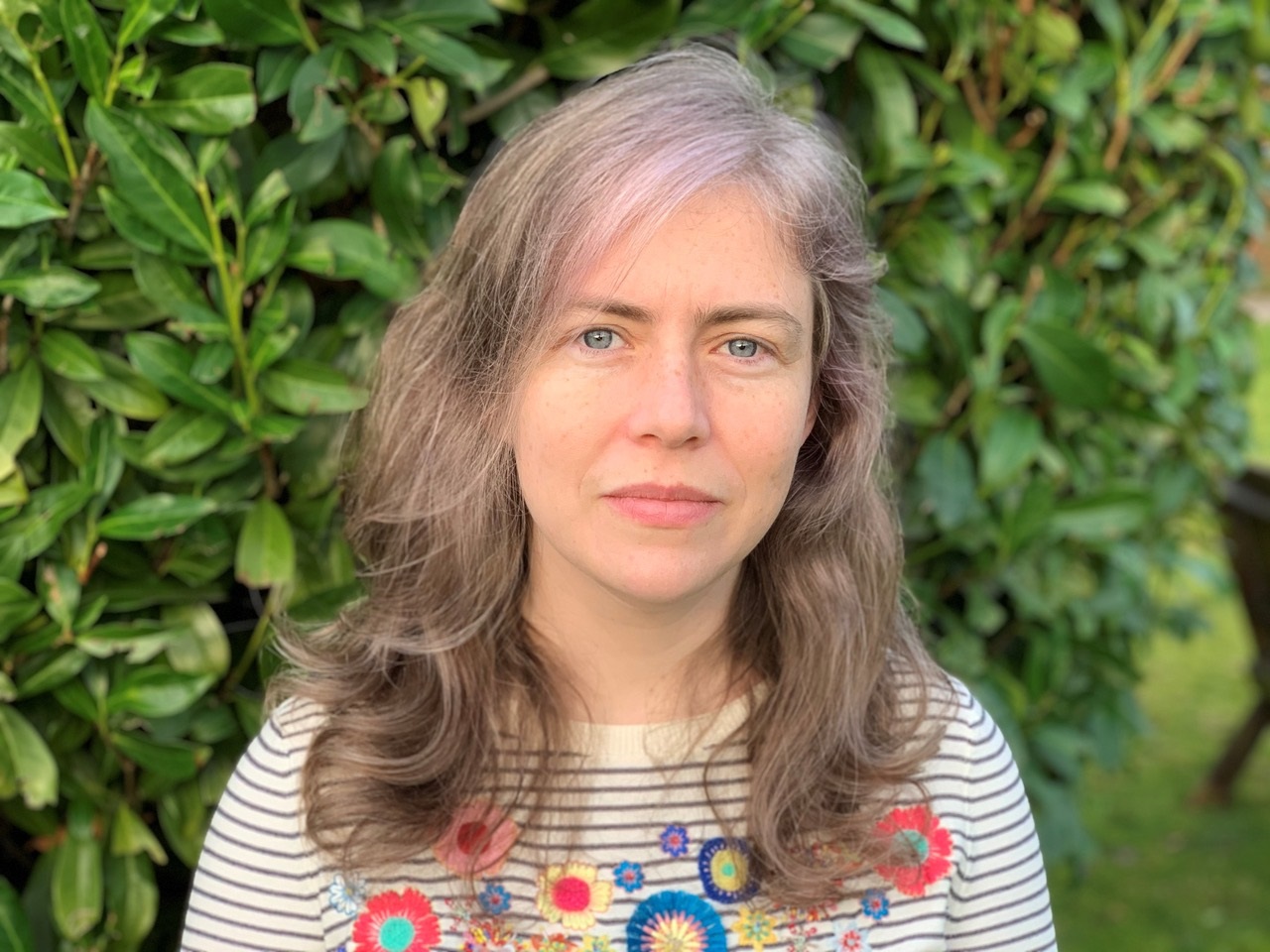 |
| photo: Maximiliano Schell |
Sarah Blake's first novel, Naamah, is a queer retelling of the story of Noah's ark from his wife's perspective. It won the National Jewish Book Award for Debut Fiction and the Bisexual Book Award for Fiction. Her works of poetry include Mr. West, Let's Not Live on Earth and the forthcoming In Springtime. She was awarded a literature fellowship for her poetry from the National Endowment for the Arts. Her second novel, Clean Air (Algonquin, February 8, 2022), is set in the aftermath of a climate apocalypse.
On your nightstand now:
I read on apps on my phone, so on my "nightstand" right now is A Children's Bible by Lydia Millet, which is having me take a bunch of screenshots every time I love a sentence or a paragraph. I even had to text a friend when I came to this one, "The water carried us: we were carried."--because it's perfect.
Favorite book when you were a child:
I remember loving A Wrinkle in Time by Madeleine L'Engle when I was 10. I think it was the first time I thought about telepathy, and that was pretty wondrous to consider. And that was all that I remembered about it until the movie came out.
Your top five authors:
Wow. It's a difficult question because there are so many authors who I love, but when I think about it, my opinion is based on one book that I've read by them. So here are my top five who I love and I've read nearly everything that they've ever published: Lucille Clifton, Marie Howe, Brenda Hillman, Brigit Pegeen Kelly, George Saunders.
Book you've faked reading:
There are MANY that I've faked reading all the way to their ending. And I will admit to none of them here, as I've written papers about those books, and I'm still friends with the professors to whom I submitted those papers.
Book you're an evangelist for:
If you've been looking for a good contemporary novel, then I've probably told you about Cecily Wong's Diamond Head, which I loved. Her second novel, Kaleidoscope, is due out in July, and I can't wait!
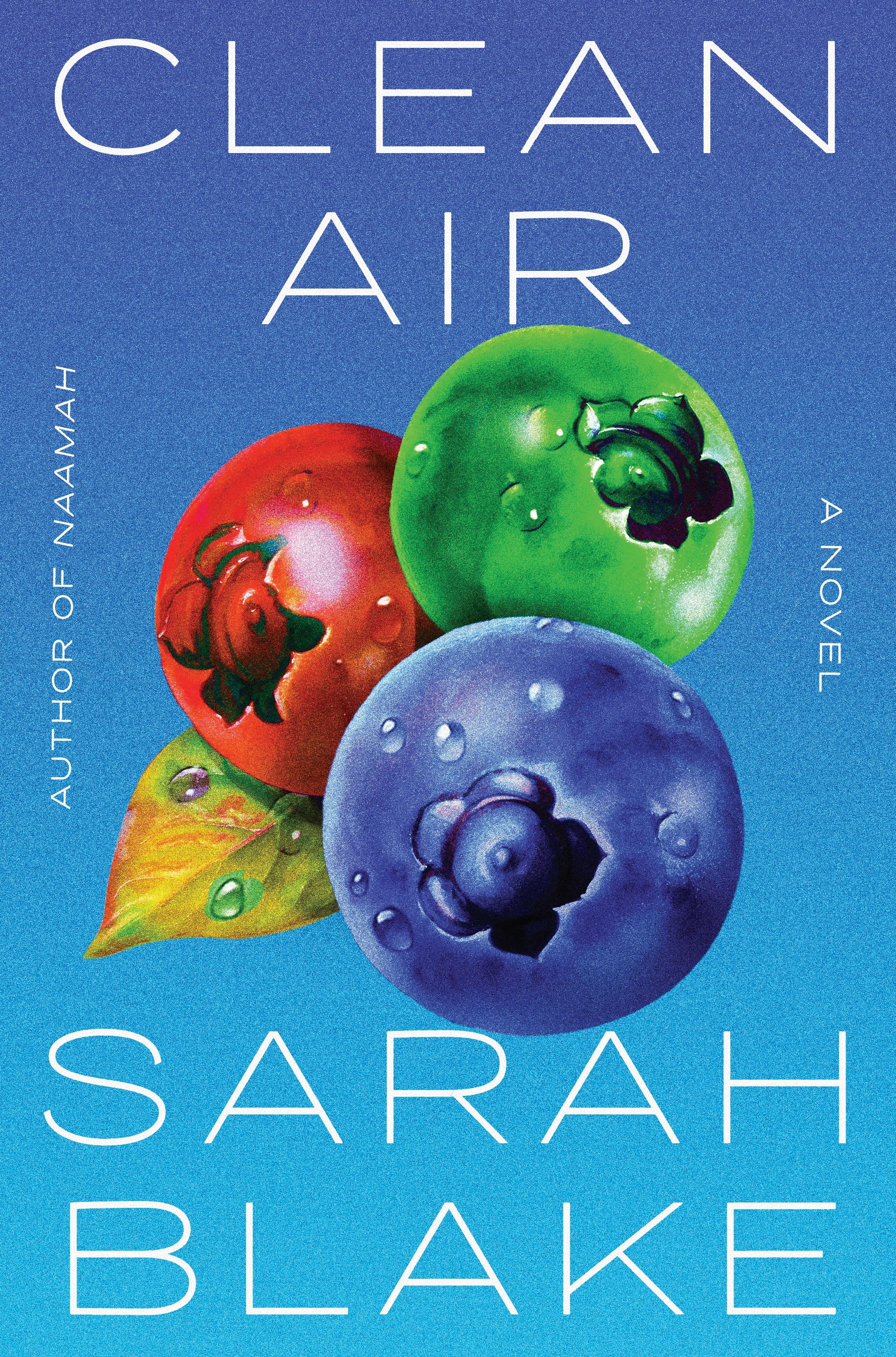 Book you've bought for the cover:
Book you've bought for the cover:
I always buy a book based on reading the first few pages, but if I ever did buy a book for its cover, I would have for Karim Dimechkie's Lifted by the Great Nothing. I love the colors, the fonts and the layout. I find it utterly charming.
Book you hid from your parents:
I'm not sure my parents could be offended by anything. My mom was buying me Sylvia Plath, The Clan of the Cave Bear and The Thorn Birds when I was in middle school. When my dad reads the Goodreads reviews of Naamah, he says things like "There wasn't that much sex in it." We're just not an easily offended bunch!
Book that changed your life:
Plainsong by Kent Haruf is told entirely linearly, but every few pages there's a new chapter and it's told from a different point of view--all to tell the same story. That is to say--it's not like a lot of books of late that use multiple points of view to tell multiple stories. I'm not explaining this perfectly, but the book found me at the exact time that I needed it. I knew I wanted to write fiction, but I wasn't sure my brain knew how to write novels like the classics I loved. This book reminded me of how many different ways a novel could be.
Favorite line from a book:
Well, as this is impossible, I will put this from Brigit Pegeen Kelly's poem "The Orchard": "And then it growled. And I saw/ That the horse was a dog. But the apples/ Were still apples."
Five books you'll never part with:
I have a copy of The Source by James A. Michener, which my mother gave me, and I have loved it so well that it's lost its front cover. I've bought a backup copy to lend out from now on.
I have a similarly falling apart copy of Anna Karenina by Leo Tolstoy. I remember the exact place and time I was when I decided to read the first page and decide whether or not I should buy it and spend the afternoon reading it--a used bookstore in New Jersey in 2008. I came to the dream about the singing tables and the decanters that were women, and I was sold.
I have a copy of a 1971 printing of T.S. Eliot's Four Quartets, which my mother has written notes throughout from a college course she took. The price of the book is printed on the cover: $1.65.
I have a signed copy of the hardcover of Marie Howe's The Kingdom of Ordinary Time, which I will always treasure.
And finally, my copy of the first edition of The Scribner Anthology of Contemporary Short Fiction: Fifty North American Stories Since 1970. Cathy Day taught me about the short story from this collection, and I return to it over and over.
Book you most want to read again for the first time:
I never want to read a book over again that I loved when I was younger. I know far more now and find myself overly critical. What if I ruin something for myself that I once loved! I would like to read a few short stories over again for the first time, but I'm happy to reread them for the one millionth time, too--namely, "One Arm" by Yasunari Kawabata.
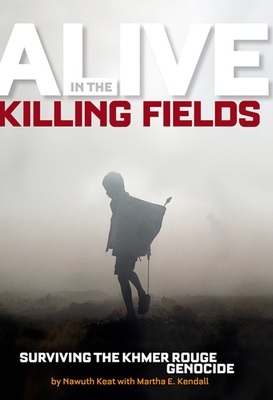 Women's history lives in schools, books and laws. But for me, it started at home. Growing up, I was lucky. My mother, Martha Kendall, not only ensured that books centering women featured prominently on my bookshelf, she frequently wrote them. A Carnegie Scholar and longtime professor of literature and women's studies at San José City College, she was the founding adviser for their Women's Union and Black Student Union, and has published more than 20 books--Failure Is Impossible!: The History of American Women's Rights (now out of print) was an ALA winner. In 1998, I got to watch from the crowd when she spoke at the 150th anniversary of the First Women's Rights Convention in Seneca Falls, N.Y. Her Alive in the Killing Fields: Surviving the Khmer Rouge Genocide (National Geographic, $15.95), written with her former student Nawuth Keat--whose own mother was murdered--demonstrates the power of communicating stories and learning from the past.
Women's history lives in schools, books and laws. But for me, it started at home. Growing up, I was lucky. My mother, Martha Kendall, not only ensured that books centering women featured prominently on my bookshelf, she frequently wrote them. A Carnegie Scholar and longtime professor of literature and women's studies at San José City College, she was the founding adviser for their Women's Union and Black Student Union, and has published more than 20 books--Failure Is Impossible!: The History of American Women's Rights (now out of print) was an ALA winner. In 1998, I got to watch from the crowd when she spoke at the 150th anniversary of the First Women's Rights Convention in Seneca Falls, N.Y. Her Alive in the Killing Fields: Surviving the Khmer Rouge Genocide (National Geographic, $15.95), written with her former student Nawuth Keat--whose own mother was murdered--demonstrates the power of communicating stories and learning from the past.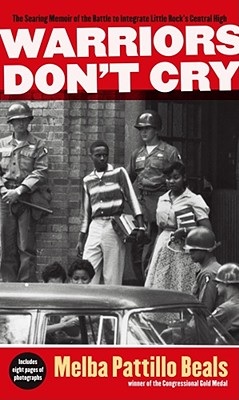 But written words do not equal lived equality. My mom also gave me Melba Patillo-Beals's Warriors Don't Cry: A Searing Memoir of the Battle to Integrate Little Rock's Central High (Simon & Schuster BFYR, $17.99). She even let me skip school to attend a conference where Patillo-Beals was the keynote speaker. Her words still profoundly guide me.
But written words do not equal lived equality. My mom also gave me Melba Patillo-Beals's Warriors Don't Cry: A Searing Memoir of the Battle to Integrate Little Rock's Central High (Simon & Schuster BFYR, $17.99). She even let me skip school to attend a conference where Patillo-Beals was the keynote speaker. Her words still profoundly guide me.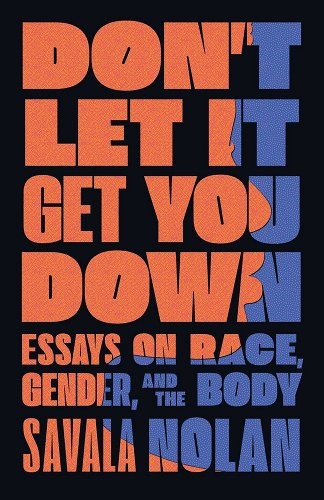 Two more for your own and your loved ones' bookshelves: Savala Nolan's Don't Let It Get You Down: Essays on Race, Gender, and the Body (Simon & Schuster, $26) and Mikki Kendall's Hood Feminism: Notes from the Women that a Movement Forgot (Penguin, $16). Both books also sear and are incisive, critical, unforgettable. My enduring gratitude to these women, for their work and words--for their impact on lives now, and ultimately, on history. --Katie Weed, freelance writer and reviewer
Two more for your own and your loved ones' bookshelves: Savala Nolan's Don't Let It Get You Down: Essays on Race, Gender, and the Body (Simon & Schuster, $26) and Mikki Kendall's Hood Feminism: Notes from the Women that a Movement Forgot (Penguin, $16). Both books also sear and are incisive, critical, unforgettable. My enduring gratitude to these women, for their work and words--for their impact on lives now, and ultimately, on history. --Katie Weed, freelance writer and reviewer



 Book you've bought for the cover:
Book you've bought for the cover: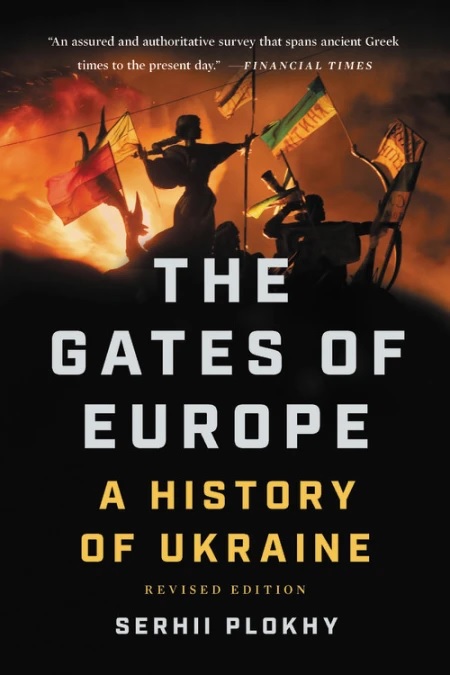 Russia's invasion is only the latest chapter in the centuries-long story of Ukraine's struggle for independence. In The Gates of Europe: A History of Ukraine, Harvard professor Serhii Plokhy traces that fertile, often blood-soaked land back to Neanderthal mammoth hunters, ancient Greek settlers on the Black Sea, through the development of Slavic identity and the medieval state of Kievan Rus, which was conquered by Mongols in the 13th century. The area was ruled successively by the Golden Horde, the Polish-Lithuanian Commonwealth and the Crimean Khanate until a Cossack rebellion in 1648. Ukraine was subsequently split between the Russian Empire and Austria-Hungary with Ottoman conquests along the Crimean coast. In the 19th century, Russia went to great lengths to suppress Ukrainian nationalism, including banning the Ukrainian language.
Russia's invasion is only the latest chapter in the centuries-long story of Ukraine's struggle for independence. In The Gates of Europe: A History of Ukraine, Harvard professor Serhii Plokhy traces that fertile, often blood-soaked land back to Neanderthal mammoth hunters, ancient Greek settlers on the Black Sea, through the development of Slavic identity and the medieval state of Kievan Rus, which was conquered by Mongols in the 13th century. The area was ruled successively by the Golden Horde, the Polish-Lithuanian Commonwealth and the Crimean Khanate until a Cossack rebellion in 1648. Ukraine was subsequently split between the Russian Empire and Austria-Hungary with Ottoman conquests along the Crimean coast. In the 19th century, Russia went to great lengths to suppress Ukrainian nationalism, including banning the Ukrainian language.